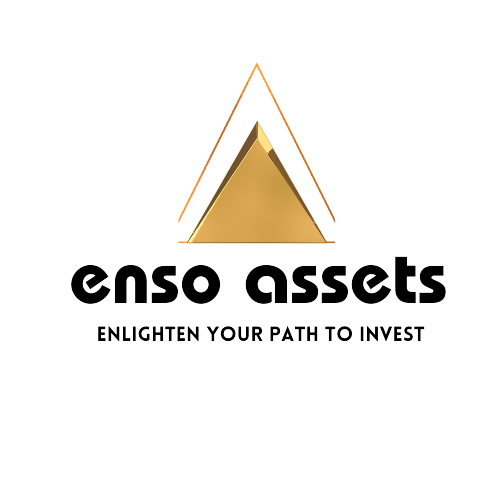Forex Trading
Introducing the Biggest Financial Market in the World!
The worldwide foreign exchange market (also known as "Forex," "Forex," or "FOREX") is the largest market in the world based on daily turnover, surpassing the combined daily turnover of the global stock and bond markets by more than US$ 7.5 trillion.
Forex, or currency in plain English, is also known as foreign exchange, FX, or currency trading. It is a decentralized global market where every currency in the world engages in trade. The market there is the most liquid in the entire world.
Enso
Why Forex Trade?
Forex Market Never Sleeps
Long or Short Trades Possible
Low transaction cost
Flexible Leverage
High Liquidity
Accessibility
Who Trades Forex?
With millions of players, the FX market is the largest and has an immense scale. Everybody participates in the forex market, from thousands of traders to banks and hedge fund managers.
When can you trade Forex?
The forex market is open five days a week, around-the-clock. However, it never stops and is constantly in motion. Let's examine what a day in the forex market looks like after 24 hours.
There are four main trading sessions on the foreign exchange market:
-The Sydney Session
-The Tokyo Session
-The London Session
-The New York Session
FOREX MARKET HOURS
Summer Session (Around April-October )
| TIME ZONE | CET | GMT |
| Sydney Open Sydney Close | 6:00 PM- 3:00 AM | 10:00 PM- 7:00 AM |
| Tokyo Open Tokyo Close | 7:00 PM- 4:00 AM | 11:00 PM- 8:00 AM |
| London Open London Close | 3:00 AM- 12:00 PM | 7:00 AM- 4:00 PM |
| New York Open New York Close | 8:00 AM- 5:00 PM | 12:00 PM- 9:00 PM |
Winter Session (Around October – April)
| TIME ZONE | CET | GMT |
| Sydney Open Sydney Close | 4:00 PM- 1:00 AM | 9:00 PM- 6:00 AM |
| Tokyo Open Tokyo Close | 6:00 PM- 3:00 AM | 11:00 PM- 8:00 AM |
| London Open London Close | 3:00 AM- 12:00 PM | 8:00 AM- 5:00 PM |
| New York Open New York Close | 8:00 AM- 5:00 PM | 1:00 PM- 10:00 PM |
Types of Forex Market
According to Investopedia, spot, forward, and futures markets are the main venues for trading forex. Due to the fact that the spot market serves as the "underlying" asset for the forwards and futures markets, it is the largest of the three markets. The spot market is typically mentioned when individuals discuss the foreign exchange market.
Spot Market
According to their trading price, currencies are purchased and sold on the spot market. This price is established by the laws of supply and demand and is computed using a number of criteria, including:
-Prevailing interest rates
-Financial performance
-Geographical feeling
-Price guesswork
Forwards and Futures Markets- A forward contract is a confidential agreement between two parties to purchase a currency on the OTC markets at a future time and at a preset price. A common agreement between two parties to accept delivery of a currency at a future time and a set price is known as a futures contract.
Terms used in Forex
To get you started, have a look at these terms:
Forex account: Trading currencies is done using a forex account. Three different types of FX accounts can exist depending on the lot size.
Micro forex accounts: Accounts that let you trade up to $1,000 worth of currencies in a single lot are known as micro FX accounts.
Mini forex accounts: Accounts that let you trade a single lot of currencies for up to $10,000.
Standard forex accounts: Accounts that let you trade up to $100,000's worth of currencies in a single lot are known as standard FX accounts.
Ask and Bid : The lowest price you are willing to acquire a currency is known as an ask (or offer). And the price at which you are prepared to sell a currency is known as a bid.
Contract for Difference: A derivative known as a contract for difference (CFD) enables traders to speculate on changes in currency prices without owning the underlying asset.
Leverage: Using borrowed money to increase profits is known as leverage. High leverage is a hallmark of the forex market, and traders frequently use it to strengthen their holdings.
Forex Markets Regulations
Regulation of foreign exchange varies by jurisdiction. The National Futures Association (NFA) and the Commodity Futures Trading Commission (CFTC) impose strict regulations on forex transactions in the United States. However, developing nations like India and China have limitations on the companies and capital that can be used in forex trading because of the widespread use of leverage in forex trades. The biggest forex trading market is in Europe. The UK's Financial Conduct Authority (FCA) oversees and controls foreign exchange transactions.
